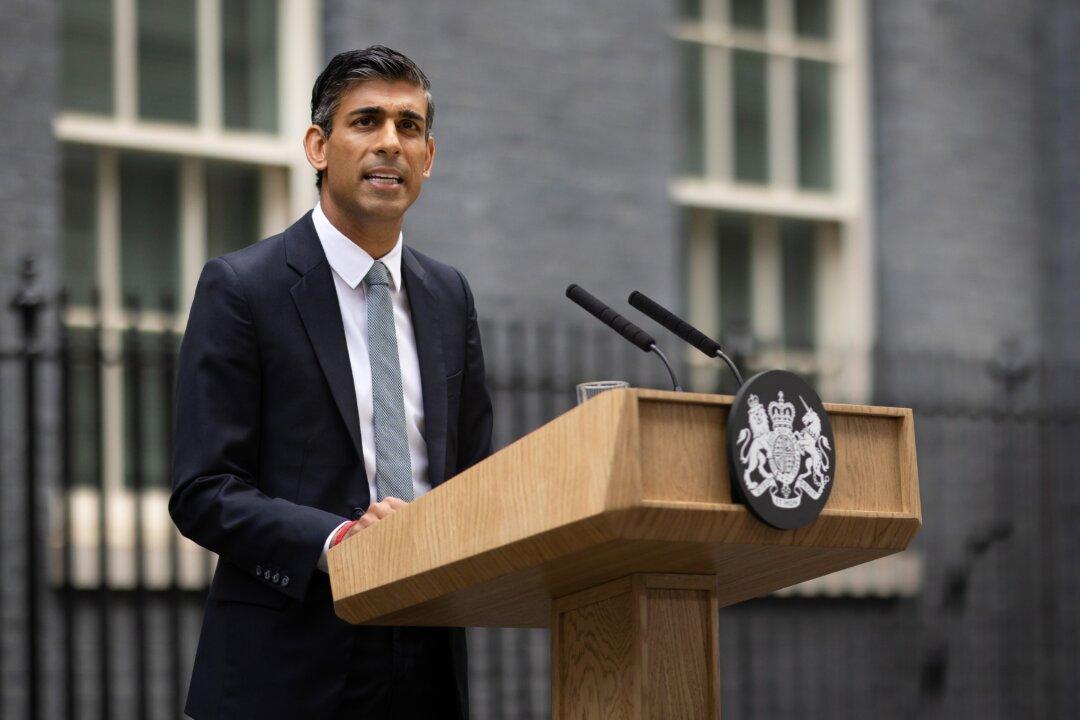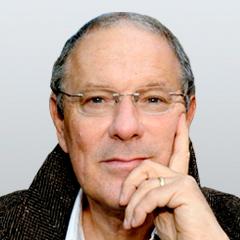Commentary
The new British Prime Minister, Rishi Sunak, is the son of Punjabi immigrants from East Africa. You might have thought that this would satisfy, or at least please, the anti-racism lobby, by demonstrating that British society is an open one, not completely sclerosed by racist prejudice: but you would be wrong.





